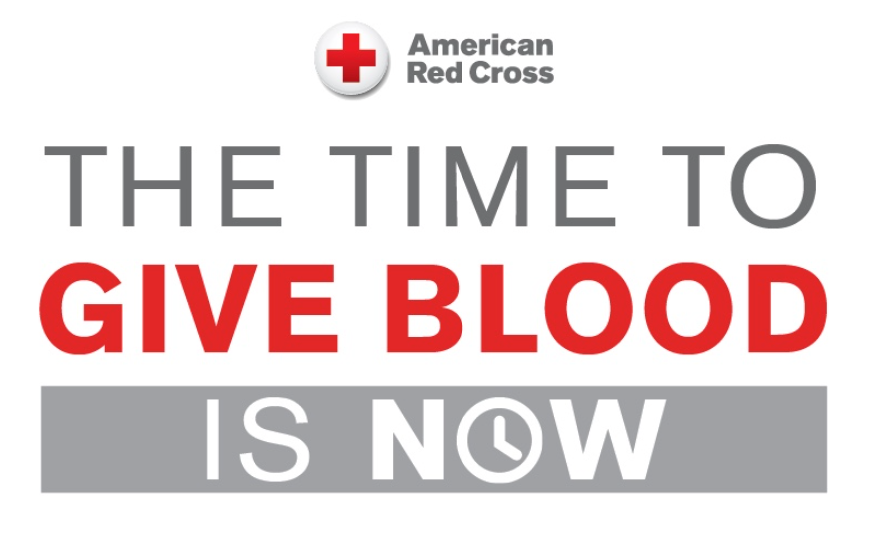Donating Blood
- Region 10 FEMA YPC

- Mar 22, 2021
- 3 min read
Giving blood, why do people give blood? And why do people need to receive it? Blood is something that we all need to survive, and something that most people with good health take for granted. Unfortunately some people are unable to make their own healthy blood due to disease or illness, and others have lost lots of their blood during a trauma. When this happens they need a blood transfusion in order to survive. Donating blood is voluntarily, but if you decide to it will be given to people that are in desperate need of new blood. By giving blood you can save somebody else’s life.

Why it’s important
Traumatic injuries and some surgeries where patients lose a lot of blood need a blood transfusion to replace the blood that they’ve lost. In addition some medical conditions such as anemia, certain cancers, and chemotherapy prevent the body from producing its own blood cells. These people need blood transfusions until their body is able to produce its own blood cells again. Certain diseases can also prevent the body from clotting blood properly and these people need a plasma transfused so they can clot their own blood properly again.
Why blood is important and the different blood types
Blood is important because it transports everything that must be carried from one place to another through the body such as oxygen, wastes hormones, and body heat. There are 3 types of blood cells; red blood cells (RBC), white blood cells (WBC), and platelets (cell fragments). Blood consists of a formed element (RBC or WBC) and plasma which contains proteins that help with clotting and antibodies. Red blood cells mostly carry oxygen from out lungs to the rest of the our body. White blood cells protect and defend our body from infection, and platelets help with clotting when we receive an injury. About 7% of a persons weight is composed of blood, and when we begin to lose blood our body isn’t able to function as well as it can.

Each person has a blood type that falls into one of these categories A+, A-, B+, B-, O+, O-, AB+, AB-. Not all blood types can be donated to people with different blood types. For example someone with A+ blood cannot receive blood blood from someone with B-, B+, AB+, or AB-. This can be confusing, but don’t worry hospital employees and doctors figure this out so you don’t need to worry. If you have O- blood you are considered a “universal donor” since you can donate your blood to any of the other blood types. And if you
have AB+ blood you are a “universal recipient” and can receive any other blood type. O- blood can be very useful but any blood type can be donated and is always greatly appreciated. You don’t have to know your blood type before you donate blood.
How to donate blood?
In order to donate you must be 16 years old and be relatively healthy. If you are able and are interested in donating blood contact your local blood bank or the Red Cross and make an appointment. For more information and requirements about donating blood visit this website.
Especially now, during COVID, hospitals are in desperate need of blood donations so if you are able, donating blood is a great way to help out in your community and your blood could save many peoples lives.

Photos credited from redcross.org and https://www.science.org.au/curious/people-medicine/why-are-some- blood-types-incompatible-others



Comments